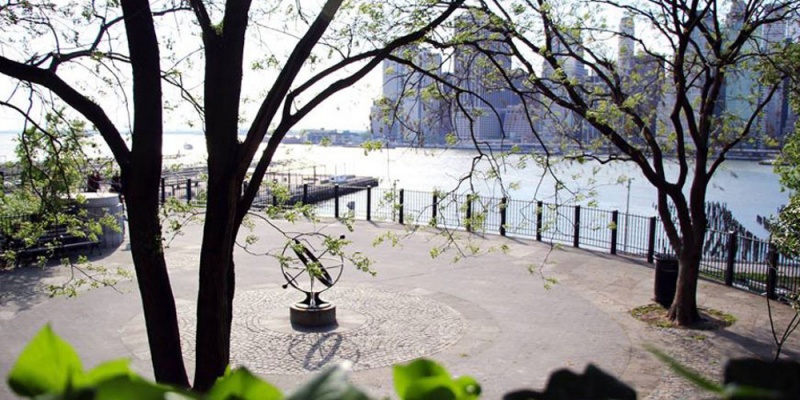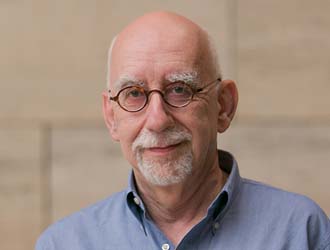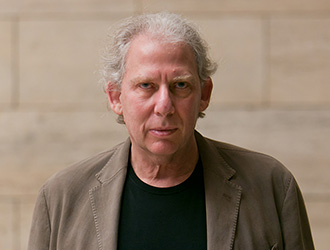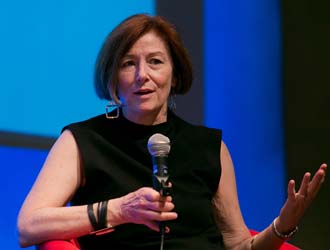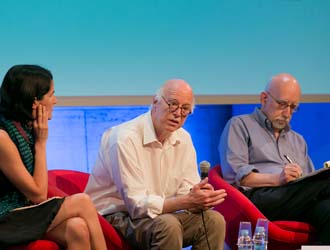The CCCB and the Social Science Research Council (New York) offer reflection on the challenges facing today’s cities, combining theoretical reflection with suggestions of measures that could bring into being a more humane and democratic city.
How might life in cities be improved? This does not mean thinking about how planners or philosophers might create a perfect city, but it suggests the need to reimagine what kind of city would be possible given the political, economic and social conditions in each specific location. The possible city is somewhere between pragmatism and utopia. It is not a silent, orderly and predictable place because these attributes are foreign to a life that approaches the full potential afforded by urban space. It is a city that will not give up the idea of working to improve the lives of its citizens.
Access to public goods and social networks, housing conditions, quality of public space, the impact of global realities like tourism, migration, economic flows, and limits to indiscriminate growth are all issues for which the contemporary city must find answers, not only theoretical but also in the form of specific policies that can lead to a better city for everyone.
The conference cycle "Possible Ciity" has taken place at the CCCB with "What is a Decent City? Polarities of Pragmatism and Utopia" on 2 July, with the intervention of Richard Sennet and Ira Katznelson and "The possible city: from urban planning to democracy"on 3 July Diane Davis, Teresa Caldeira and Richard Burdett. On Saturday the 4th, took place seminars with the collaboration of the conference speakers.



